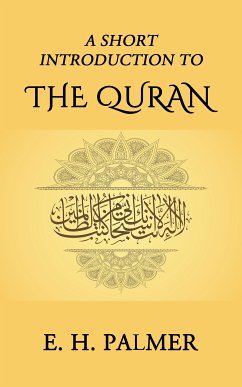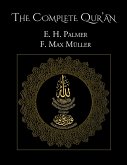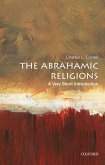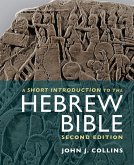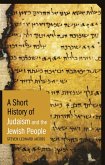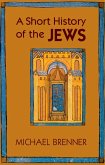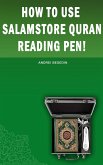Arabia or Gazîrat el ¿Arab, 'the Arabian Peninsula,' as it is called by native writers, is bounded on the west by the Red Sea; on the east by the Persian Gulf and the Gulf of Oman; on the south by the Indian Ocean; and on the north it extends to the confines of Babylonia and Syria.
The Arabs were divided into those of the desert and those of the towns.
The first were settled in the sterile country of the Higâz, and the no less barren highlands of Negd.
The principalities bordering on Syria and Persia were vassals of the Roman and Persian empires; the kingdom of Himyar in Yemen, to the south of the Peninsula, was in free communication with the rest of the world; but the Higâz, 'the barrier,' had effectually resisted alike the curiosity and the attacks of the nations who fought around it for the empire of the world. Persia, Egypt, Rome, Byzantium had each unsuccessfully essayed to penetrate the country and conquer its hardy inhabitants.
The Higâz consists of the barren ranges of hills which lead up from the lowlands on the Eastern coast of the Red Sea to the highlands of Negd. In its valleys lie the holy cities of Mecca and Medînah, and here was the birthplace of el Islâm.
The Arabs of the desert preserved almost intact the manners, customs, and primeval simplicity of the early patriarchs.
They lived in tents made of hair or woollen cloth, and their principal wealth consisted in their camels, horses, and male and female slaves.
They were a nomad race, changing their residence to the various places within their own territory, which afforded the best pasturage as the seasons came round.
Brave and chivalrous, the Arab was always ready to defend the stranger who claimed his protection, while he would stand by a member of his own clan and defend him with his life, whether he were right or wrong. This devotion to the tribe was one of the strongest characteristics of the Arabs, and must be borne in mind if we would understand aright the early history of Islâm.
They were generous and hospitable to a fault, and many a tale is told of a chief who gave away his last camel, or slew his favourite horse to feed a guest, while he and his family were well-nigh left to starve.
Pride of birth was their passion, and poetry their greatest delight; their bards recited the noble pedigrees and doughty deeds of their tribes,-as their own proverb has it, 'the registers of the Arabs are the verses of their bards,'-and in the numerous ancient poems still extant we have invaluable materials for the history of the race.
Dieser Download kann aus rechtlichen Gründen nur mit Rechnungsadresse in A, B, BG, CY, CZ, D, DK, EW, E, FIN, F, GR, H, IRL, I, LT, L, LR, M, NL, PL, P, R, S, SLO, SK ausgeliefert werden.

